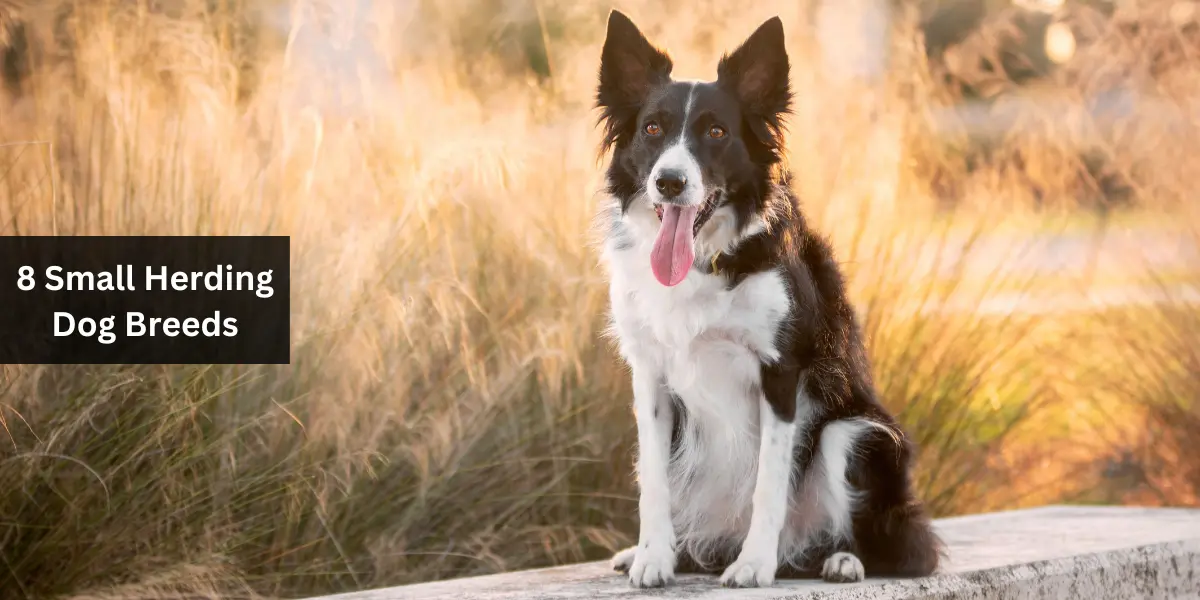If you’ve ever been mesmerized by the tireless work of herding dogs but thought your living situation might not suit one of the larger breeds, I’ve got some fantastic news for you. The world of herding dogs is as diverse as it is fascinating, including a delightful variety of smaller breeds that pack all the intelligence, energy, and work ethic of their larger counterparts into a more compact package. Let’s explore the 8 small herding dog breeds that are not only adept at maneuvering livestock but will also effortlessly herd their way into your heart.
1. Shetland Sheepdog: The Miniature Collie
Elegance and Intelligence in a Small Frame
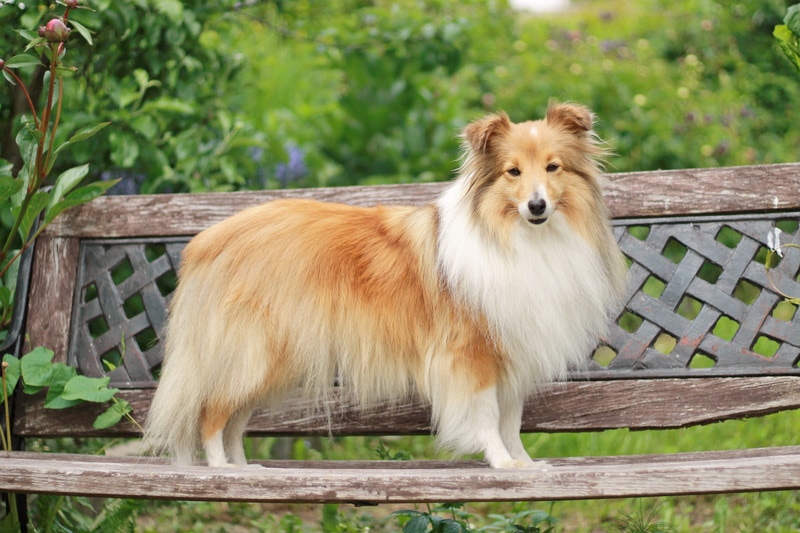
First up is the Shetland Sheepdog, often affectionately known as the Sheltie. Hailing from the rugged Shetland Islands, these dogs resemble a smaller version of the Rough Collie. Shelties are as smart as they are beautiful, with a keen ability to understand and execute commands, making them naturals at herding and a favorite in obedience competitions.
2. Pembroke Welsh Corgi: The Royal Herder
Short Legs, Big Personality

Don’t let their short stature fool you; Pembroke Welsh Corgis are herding dogs through and through. Favored by British royalty, these dogs are not only known for their distinctive appearance but also for their intelligence and agility. Despite their small legs, they’re incredibly quick and nimble, capable of herding cattle by nipping at their heels and then darting away from kicks.
3. Miniature American Shepherd: The Compact Cowboy
Versatility in a Smaller Package
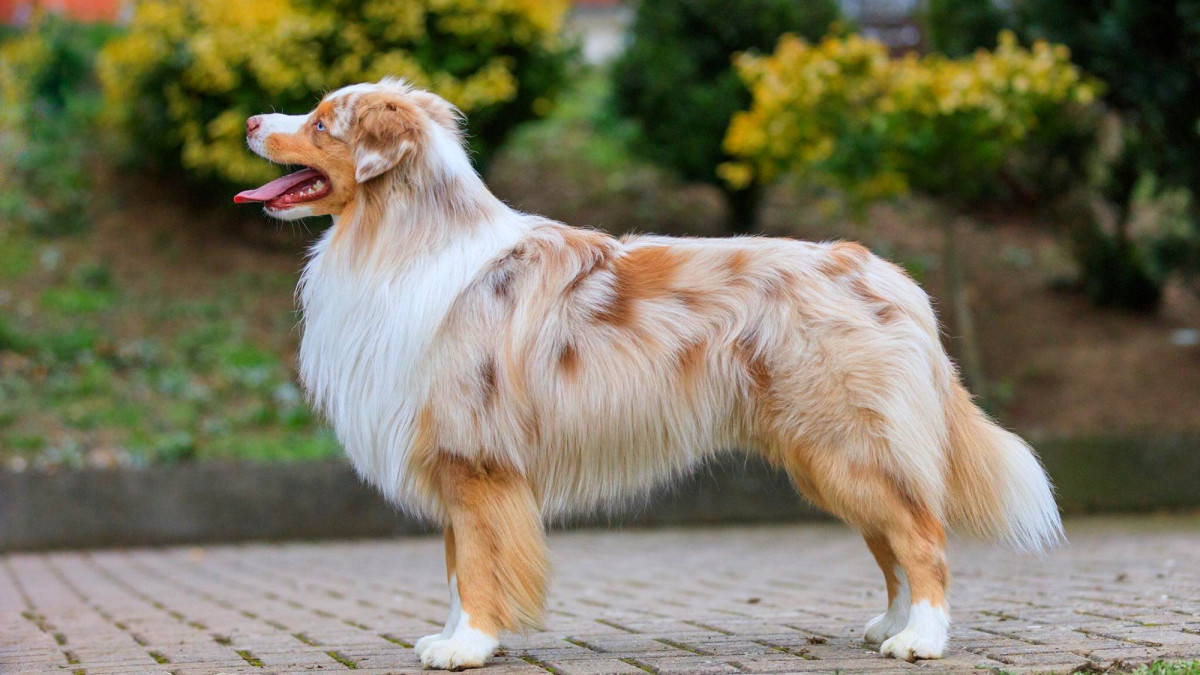
The Miniature American Shepherd shares the heritage of its larger Australian Shepherd cousins, packed into a smaller body. These dogs are versatile, intelligent, and eager to please, making them excellent at herding smaller flocks and an ideal choice for competitive dog sports.
4. Australian Terrier: The Down Under Dog
A Terrier with a Twist
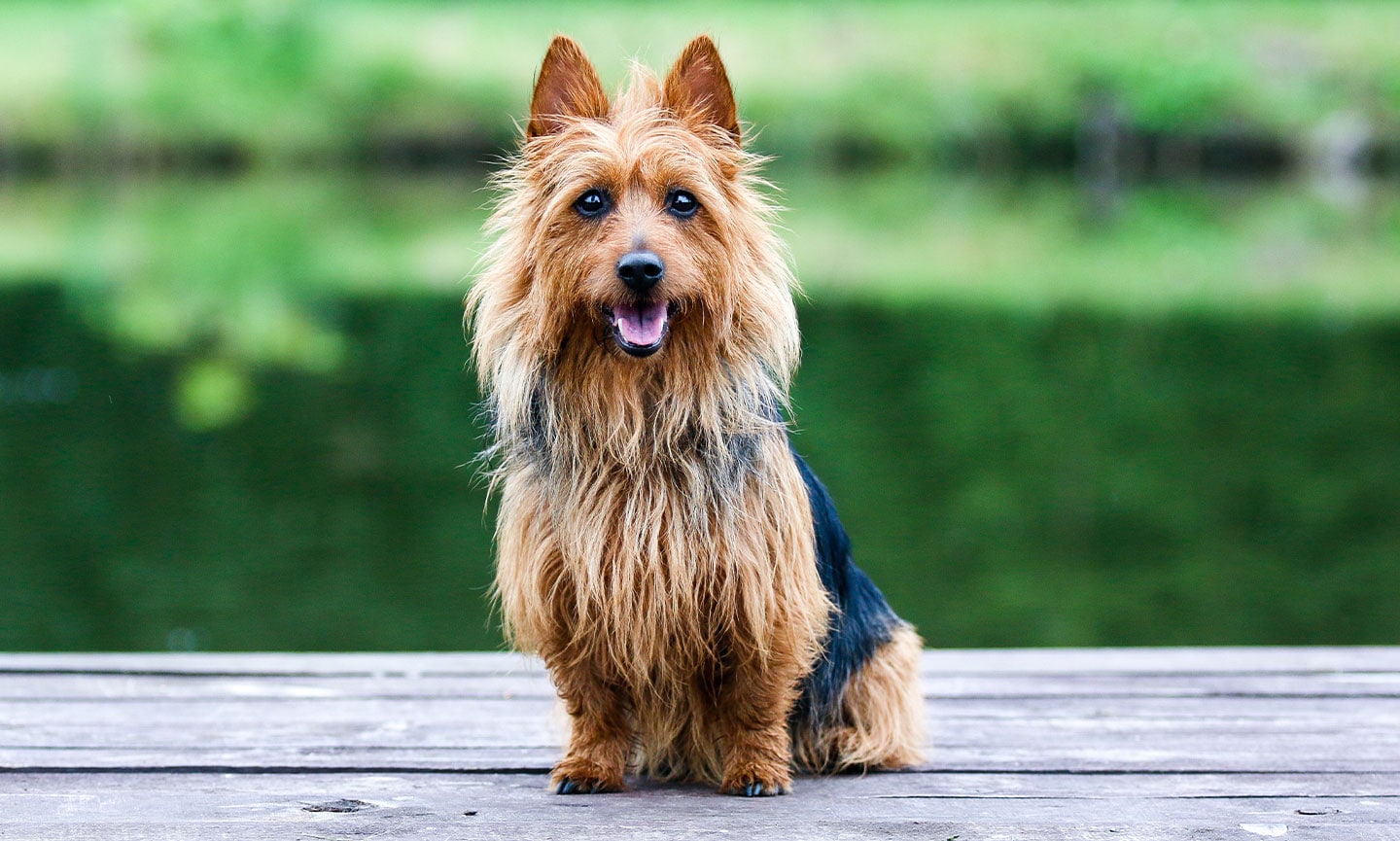
While primarily known as a terrier, the Australian Terrier has a herding lineage that contributes to its tenacious and spirited nature. These small but sturdy dogs are adaptable and loyal, with a keen instinct for watching over their family, be it human or herd.
5. Icelandic Sheepdog: The Viking Herder
Ancient Breed with a Joyful Spirit
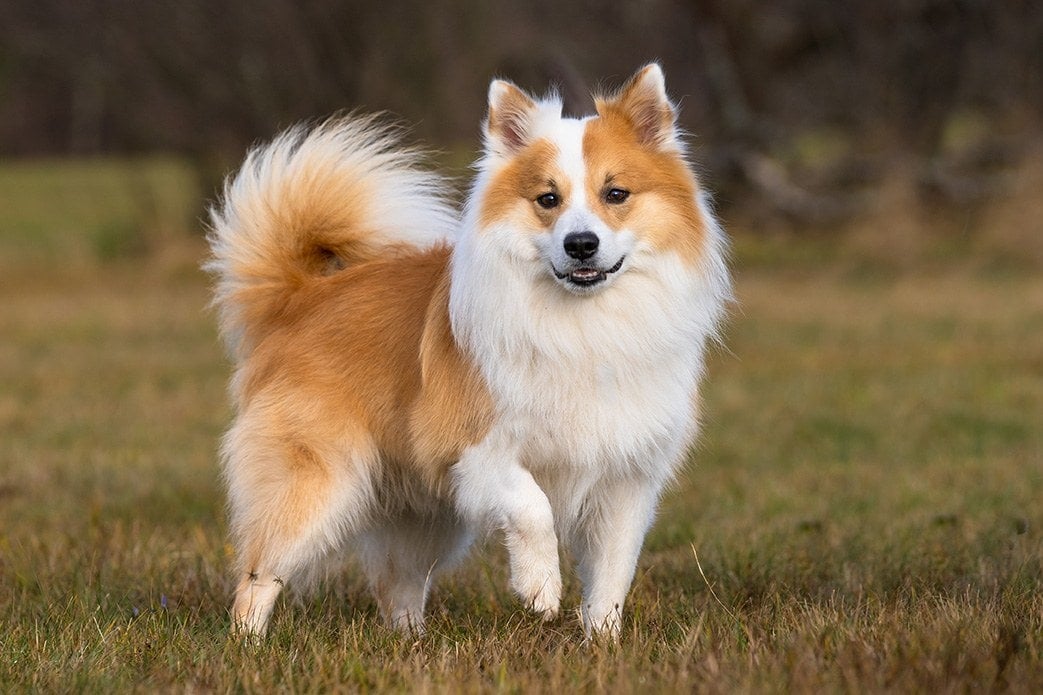
The Icelandic Sheepdog is a Nordic breed known for its cheerful disposition and tireless work ethic. Brought to Iceland by Vikings, these dogs have been herding sheep, horses, and cattle for centuries. They’re not only skilled herders but also loving family companions, known for their friendly and playful nature.
6. Norwegian Buhund: The Nordic Herder
Vigilance and Versatility
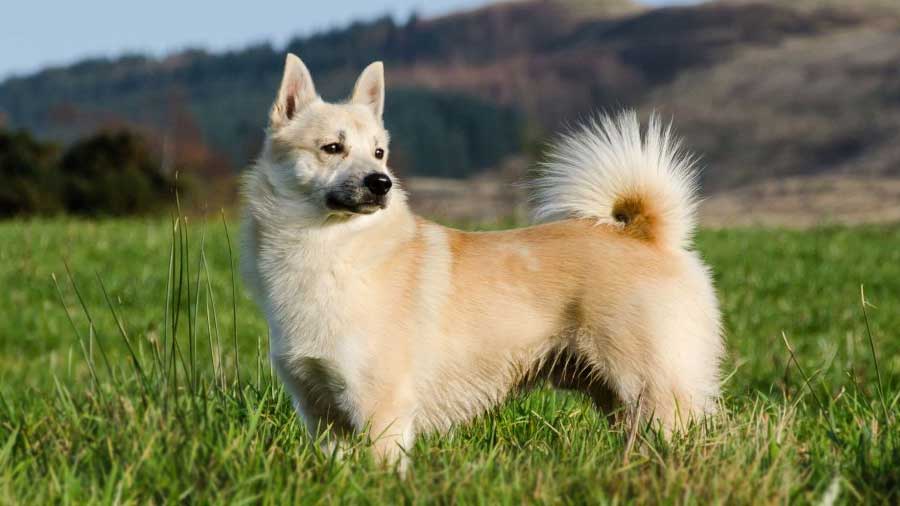
The Norwegian Buhund is a breed that embodies the spirit of Norway’s farms and homesteads. These dogs are not only excellent herders but also vigilant watchdogs. With a cheerful personality and a keen intelligence, they’re adept at a variety of tasks, from guarding to herding to companionship.
7. Border Terrier: The Rough and Tumble Herder
A Terrier with Herding Roots
:max_bytes(150000):strip_icc()/border-terrier-puppy-236481162-2000-856226b2455d4b6face2d9f7ee01ac49.jpg)
The Border Terrier, originally bred for hunting foxes, has shown a versatile ability to work with livestock as well. These small, tough dogs possess a surprising amount of stamina and determination, making them capable of handling herding tasks in addition to their traditional roles.
8. Cardigan Welsh Corgi: The Ancient Herder
A Corgi with a Tail and a Tale
:strip_icc()/GettyImages-506513232-ddf4848f66de48c1b0b9a82ace2dddce.jpg)
Last but not least, the Cardigan Welsh Corgi is the older and slightly larger cousin of the Pembroke Welsh Corgi. Cardigans are distinguished by their long tails and were bred to herd cattle and other livestock. They combine the agility needed for herding with a steadfast loyalty, making them excellent companions as well.
Conclusion: Small But Mighty
These eight small herding dog breeds prove that size isn’t everything when it comes to heart, intelligence, and work ethic. Whether you’re looking for a competitive agility dog, a vigilant guardian, or simply a loyal companion with a knack for keeping your “flock” in line, there’s a small herding breed that’s perfect for you. These breeds remind us that the best things often come in small packages, ready to steal our hearts and lead the way.
FAQs
Q1: Are small herding dogs good with children?
Yes, most small herding dogs are great with children, offering the right balance of playfulness and protectiveness. However, it’s always important to supervise interactions and teach children how to properly interact with dogs.
Q2: How much exercise do small herding dogs need?
Despite their size, small herding dogs are energetic and require regular exercise to stay happy and healthy. Activities should include both physical and mental stimulation to satisfy their work-oriented nature.
Q3: Can small herding dogs live in apartments?
Many small herding dogs can adapt to apartment living if they are given enough exercise and mental stimulation. However, their herding instinct might manifest as chasing or herding behavior, which requires patient training to manage.
Q4: Do small herding dogs require special training?
While inherently intelligent, small herding dogs benefit greatly from early socialization and obedience training. Their natural instincts can be channeled positively through activities like agility, herding trials, or advanced obedience.
Q5: Are these breeds prone to specific health issues?
Like all breeds, small herding dogs can be predisposed to certain health conditions. Prospective owners should research each breed’s specific health concerns and consider regular veterinary check-ups to ensure their pet’s wellbeing.

